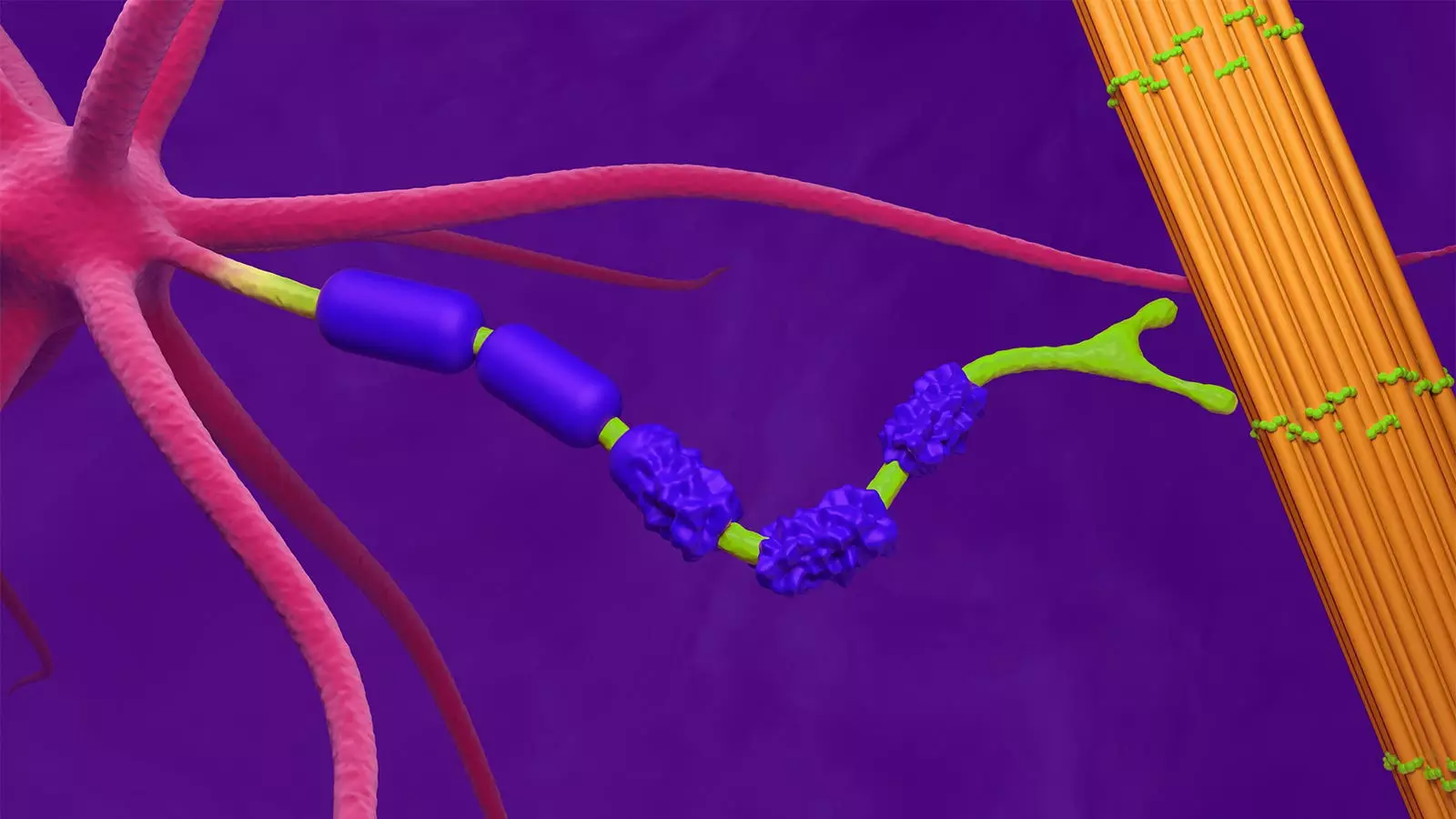Motherhood is often romanticized, showcasing an image of joy, nurturing, and unyielding love. However, for mothers diagnosed with chronic illnesses like multiple sclerosis (MS), the journey can be challenging. Recent studies have uncovered a worrying trend: mothers with MS are at a heightened risk for peripartum mental illnesses compared to their peers without this condition. This article delves into the alarming statistics, potential repercussions on mothers and their children, and the pressing need for improved support and care tailored to this unique demographic.
Recent findings from administrative health data in Canada reveal substantial disparities in mental health among mothers with MS. The data indicates that about 42% of these women experience mental illness during pregnancy, with this rate climbing to over 50% in the first postpartum year. Comparatively, only a fraction of mothers without MS report similar challenges. The incidence of mental illness among mothers with MS during the prenatal and postpartum periods stands at 8.4% and 14.2%, respectively. This situation raises concerns about the long-term implications of untreated mental illnesses which can lead to exacerbated personal and familial health problems.
The primary type of mental illness afflicting mothers with MS includes depression and anxiety, yet the consequences extend beyond individual suffering. Untreated maternal mental illness can cascade into a cycle of substance use and predispose mothers to future episodes of depression and even suicidal tendencies. The increase in substance misuse from 0.54% during pregnancy to 6% post-delivery must not be overlooked, as it signals a pressing need for immediate interventions.
What exacerbates the situation is that while mothers with MS experience a higher prevalence of mental health issues compared to those with other chronic conditions such as epilepsy, inflammatory bowel disease (IBD), and diabetes, the healthcare support remains fragmented. The lack of comprehensive perinatal care for many women with MS contributes significantly to this crisis.
The repercussions of mental illness extend to the next generation. Studies show a correlation between a mother’s mental health and her child’s well-being. Infants born to mothers suffering from untreated depression may experience developmental delays, behavioral issues, and reduced opportunities for preventive care. These children may face a higher likelihood of requiring emergency medical interventions, further illuminating the interconnectedness of maternal and child health.
As mothers navigate their mental health challenges, it can influence crucial aspects like breastfeeding, with shorter durations likely observed in mothers experiencing mental illnesses. Moreover, the psychological burdens of maternal mental health can create a rift in mother-child bonding, potentially impacting the child’s social skills and emotional growth.
In response to these findings, there is a clarion call for enhanced screening and referral mechanisms for mothers with MS. Traditional obstetric and gynecological practices often overlook mental health, so experts are advocating for the implementation of validated screening tools like the Edinburgh Postnatal Depression Scale. These tools could serve as critical checkpoints during pregnancy and the postpartum period.
Moreover, healthcare providers are urged to broaden their approach, integrating discussions around mental health and substance use during family planning, pregnancy, and postpartum visits. This proactive methodology could help address mental health issues before they escalate and promote a supportive network for mothers dealing with MS.
Research has indicated that only a minority of women with MS receive adequate perinatal care. Given that a significant number of these mothers are in touch with neurologists during and after pregnancy, it’s crucial that these specialists collaborate effectively with obstetric care providers. They must ensure that mothers with MS have access to essential mental health resources and interventions.
Future studies should aim to explore the intricate relationships between MS disease activity, severity, and peripartum mental health. By expanding research efforts in these areas, healthcare providers can better understand and cater to the specialized needs of mothers with MS, ultimately improving outcomes for both mothers and their children.
Motherhood, while inherently rewarding, presents unique challenges, especially for those grappling with chronic diseases like multiple sclerosis. The heightened risk of peripartum mental illness cannot be ignored. As new research sheds light on this critical issue, it serves as a reminder of the importance of comprehensive mental health support, not only for mothers but for the health of their children as well. It’s time to elevate maternal mental health in the conversation surrounding chronic illnesses and ensure that every mother receives the care and support she deserves.


Leave a Reply